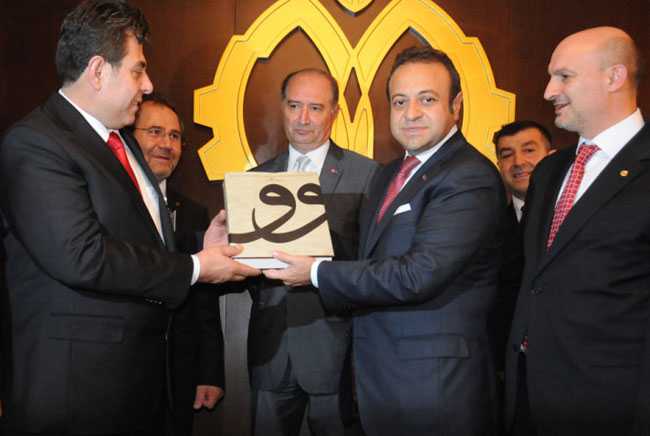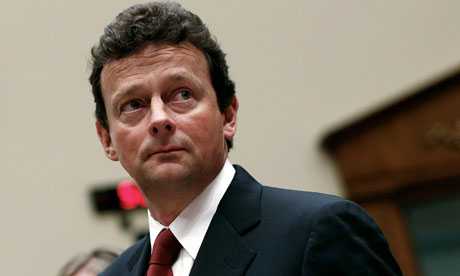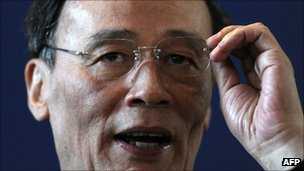By Ben Rooney
Walk out on the streets of Istanbul’s old city at 11 p.m. at night and every shop is open, every cafe full, and everyone you meet wants to do business. Turkey does not lack for entrepreneurs; this is entrepreneurism in the raw.
At our meet up held in Ozyegin University, itself a start-up, more than 170 people were registered; that is nearly a hundred more than at any other city.
But while the culture of entrepreneurship is evident, the tech scene is less developed. Firstly it has no center; start ups are scattered across Istanbul. It seems odd that such a virtual world should have physical needs, but location is important. Berlin has the former east, London has “Silicon Roundabout” and America, as if we need to be reminded, has Silicon Valley.
Then there is the state of the technology ecosystem. People like Ishan Elgin, executive director at the center for entrepreneurship at Ozyegin, and Burak Buyukdemir running his own incubator, are building it and with success—but there is a way to go yet.
Talking to tech start ups and you get the same message. Early stage funding. Where are the Turkish angels they ask? Where do we get the money to start? It seems the notorious 3F plan—friends, family and fools—is the main path.
And it isn’t just the money that the start ups need, it is also the business acumen. They want access to mentors and the opening up of contact books.
One entrepreneur described what he had done in the past. I set up this business, but it failed, he said. I stopped him there and asked what was the attitude people had when you tell them this? His face clouded. “Failure is not a good thing here,” he said, but went on to say how much he had learned from his mistakes.
That attitude to failure is, alas, a facet Turkey shares with much of Europe. That and a slight disdain for running your own start up. “Turkish people like to think they are entrepreneurs,” he said, “but if you tell your parents you are going to run a start up they will say, ‘Oh. Couldn’t you get a proper job?’”
But the optimism in Turkey, and the evident pride the country has in its economy (someone said to me that people used to say “should Turkey join the EU. Now they say, should the EU join Turkey”) is evident. And while the community has a way to go, it is moving quickly. According to Mr. Elgin, there are some 15 business angel networks, and the number is increasing.
And venture capital is available. Intel Capital, Hummingbird and Kleiner Perkins have all done deals. Sequoia is looking around and, says Mr. Buyukdemir and Mr. Ishan, there are local VCs as well.
That capital has lead to some success. When you look back at Turkey’s history of exits it has had a few reasonable sized deals. The one that everyone talked about was eBay’s $215 million purchase of 93% of local ecommerce player gittigidiyor.com in March 2011.
An exit like that does two things: it helps feed the ecosystem where founders become angels and plough the money back in and secondly it stokes the desire to succeed.
Turkey’s economy is growing at breakneck speed, and its young workers are heavy mobile and Internet users (it is the 5th largest nation of Facebook users, and ranks 8th globally on Twitter). With a population of 77 million, as well as some 3 million Turks in Germany, it is an attractive home market.
But the country’s size is a mixed blessing. While it gives start ups a good local market, it blunts global ambition. Most Turkish players are building Turkish sites in Turkish to serve Turks. And when you look at those sites, a lot of them are just clones of successful models working elsewhere.
Taking someone else’s ideas and translating them into Turkish may help to teach the basics of running a web start up, but it isn’t a long-term growth strategy, and if that is all there is on offer, the money men from Kleiner Perkins et all are going to be back on the plane, with their virgin checkbook stowed in the hold.
via Turkey’s Entrepreneurs Rely on Friends, Family and Fools – Tech Europe – WSJ.





